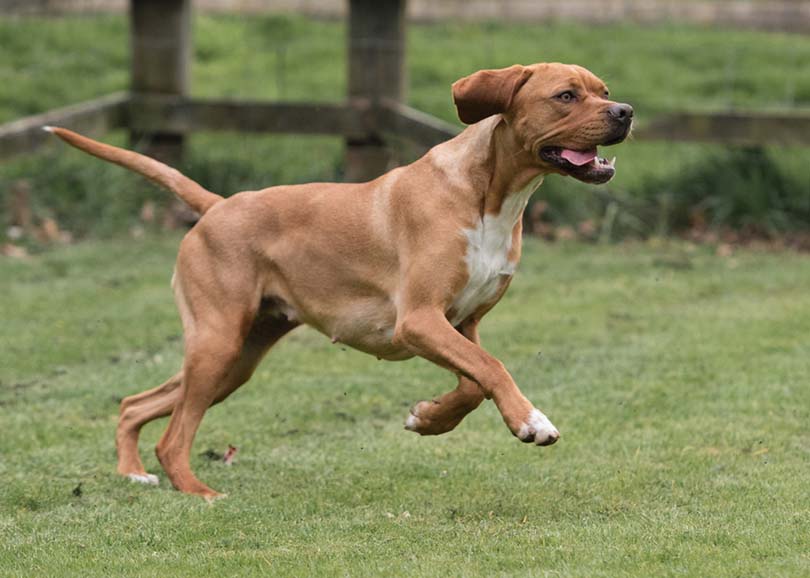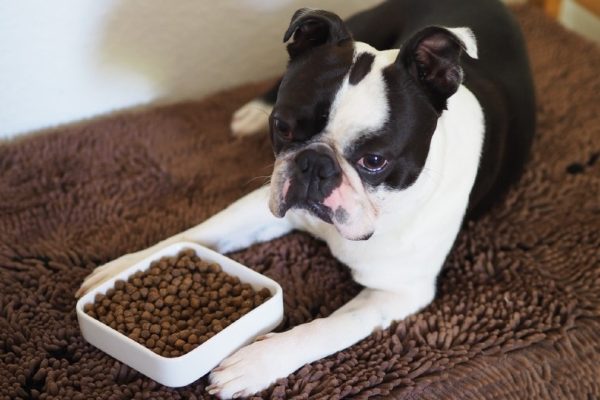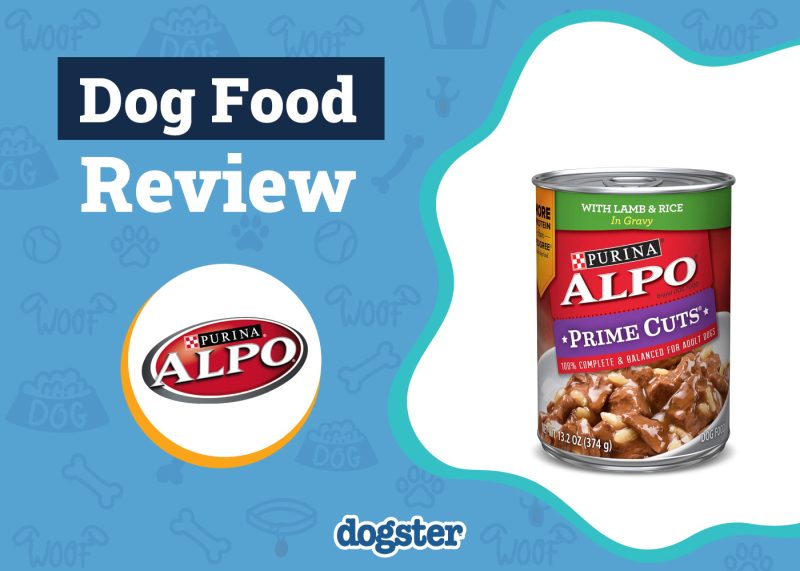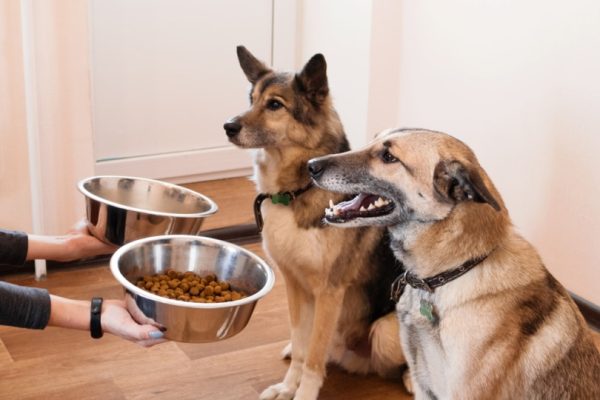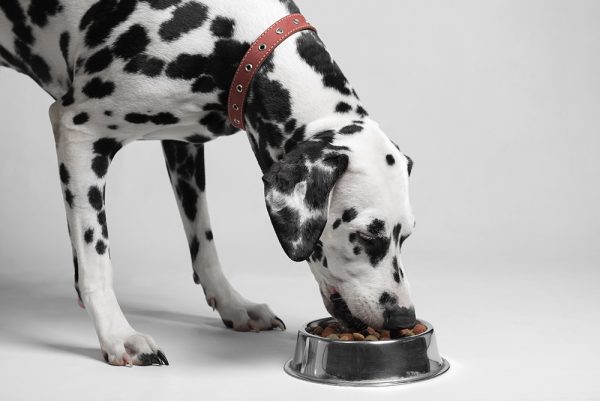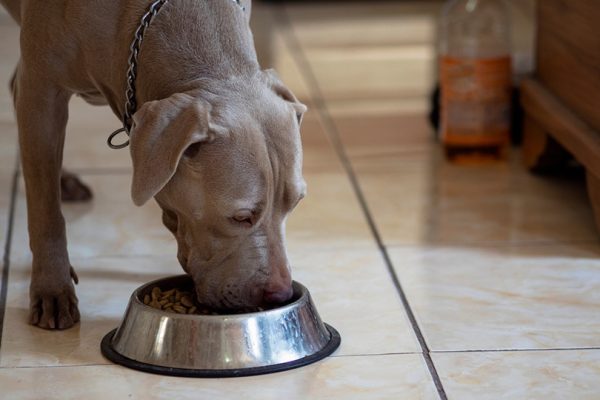In this article
View 8 More +The Portuguese Pointer is a pure breed dog that reaches medium to large size and is an excellent pet for families who are active and enjoy outdoor adventures. Weighing in at between 35 to 50 pounds and topping out at between 19 and 32 inches, this breed works very well on farms, ranches, and houses that have a yard for him to run and play in.
Breed Overview
Height:
19 to 32 inches
Weight:
35 to 50 pounds
Lifespan:
12 to 14 years
Colors:
Yellow, fawn, brown, has white markings at times
Suitable for:
Ranches, farms, houses that have yards, families that are active, people who enjoy the outdoors, families with other pets
Temperament:
Prey-driven, curious, active, loving, works excellent with families
Originally bred in Portugal in the 12th century to point birds out to Falconers, the breed is known well for its excellent hunting skills and the ability to move across any type of terrain. The breed is prey-driven, of course, but is great for families, curious, active, loving, and one of the best dogs a family can give a forever home.
If you’re considering adopting or going to a breeder to purchase one of the Portuguese Pointer puppies, there are a few things you should know ahead of time. In this guide, we’ll tell you everything you need to know about Portuguese Pointer puppies before you decide to purchase one, from the price to a few facts you might not have already known. So, follow us as we reveal everything about this exceptional dog breed.
Portuguese Pointer Characteristics
Portuguese Pointer Puppies
Portuguese Pointer puppies were endangered and faced extinction at one time, so it’s a wonder that you can get one at all today. Finally, however, the breed was saved, so now you can purchase or adopt one from your local rescue shelter if they’re available.
Whichever way you choose to go when adopting or purchasing this breed, do your research to ensure the breeder especially is reputable and clean.
It is good to note at this point that Portuguese Pointer puppies seem to grow up super-fast. However, they don’t become really large dogs, but they can reach a medium size by the time they turn two years of age. Also, the first year with your adorable puppy will be full of growth spurts and crazy behavior.
This breed is energetic, loyal, and excellent with families. But, as with any pet you decide to adopt, make sure that you know what you’re getting into. Giving a dog a forever home is a huge commitment, one you need to talk to your family about to ensure you and they are ready for the responsibility ahead.
Costs You Should Expect
It’s important to remember that the money to purchase or adopt a dog doesn’t end with the fees or the price the breeder charges. You need to factor in the other costs of owning a dog before you decide whether pet ownership is the right choice for you.
Of course, there are going to be yearly costs associated with owning a dog as well. You can expect to shell out around $1,400 a year on various pet-related costs, such as food, checkups, treats, grooming, toys, training, pet insurance, and miscellaneous things.
When it comes to your Portuguese Pointer puppy, you’re going to want to spoil him, just as you do all your family members. So, make sure that you add in a little extra money for spoiling him as well.
You’re probably also wondering what else we can tell you about the breed. Below we’ll give you three little-known yet interesting facts about the puppy you’re considering bringing into your home.
Temperament & Intelligence of the Portuguese Pointer
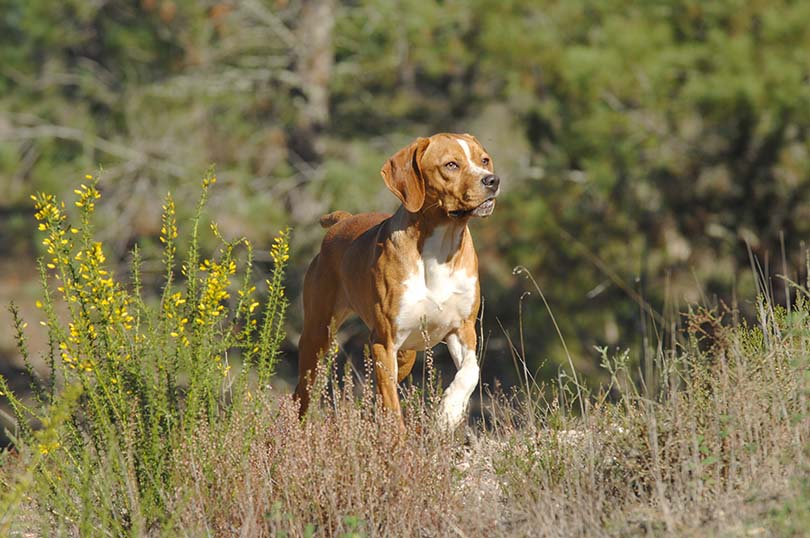
Loyal, brave, intelligent, and hardworking are all traits that have been used to describe the Portuguese Pointer in the past. Known for its intelligence and hunting abilities, the breed is loyal and affectionate with its family as well.
If you have a Portuguese Pointer that’s bred to hunt, it will do its job all day, then still be affectionate and playful with the children at night. Therefore, it is essential that this breed live an active life, both indoors and outdoors.
This breed can easily suffer from separation anxiety if left alone for a long time, so you need to make sure a family member can be home with them most of the time. Eager to please, lovable, patient, and calm, this dog will make the perfect pet for an active family who has time to play with him.
Are These Dogs Good for Families?
As previously stated, this breed is great for an active family. They are excellent if they’re allowed to be around the family every day. However, if you keep your Portuguese Pointer outside all the time, you shouldn’t expect him to be great with children if he isn’t with them daily.
If he’s an inside pet, then he’ll learn to be patient and tend to stay out of the way when they think they need to. If you raise your pup with kids, then they’ll be patient, loving, affectionate, and protective of those kids. These pets are suited best for families who can hang with them outside and inside on the daily.
Does This Breed Get Along with Other Pets?
This pure-bred dog can get along well with other pets for the most part. However, they do have a high prey drive, so it’s possible they’ll chase cats, squirrels, and other creatures if given the chance. If they’re raised with other pets in your home, then they’ll treat them the same way they do the family. However, you do want to socialize and train them early in their lives.
In other words, don’t keep them away from other pets until they’re almost grown, then expect them to get along fine with pets they’ve never gotten accustomed to being around. It’s best to avoid having smaller pets like Guinea pigs and rabbits around the Portuguese Pointer, as it’s highly likely they will view them as prey.
As with any other pet, the earlier you socialize and train your Portuguese Pointer puppy, the easier it will be for him to get along with strangers, children, and other pets.

Things to Know When Owning a Portuguese Pointer:
While you know quite a bit about the Portuguese Pointer puppy now, there’s still quite a bit to discuss in our guide. While you might be ready to rush out and adopt or purchase one of these adorable pets for your very own, you still need to know food, diet, and exercise requirements, among other things. We’ll discuss these things and more in our next section.
Food & Diet Requirements
This breed comes with a big appetite, so it’s recommended you feed him from 2 to 3 cups of high-quality dry dog food daily. However, you’ll want to split that food into two meals, given twice a day. In reality, how much you feed your Portuguese Pointer depends on a few factors. Those factors include age, size, metabolism, health, and how active he is.
Never free feed this breed, as it could lead to obesity and health problems later in their lives. If you’re unsure of the best food to feed your pet to keep him fit, contact a vet for some recommendations.
If you need to speak with a vet but can't get to one, head over to PangoVet. It's our online service where you can talk to a vet online and get the personalized advice you need for your pet — all at an affordable price!

Exercise
Remember, this pure-bred dog was bred to work all day, so a long daily walk and some frisbee time at the dog park isn’t going to be enough exercise for him to be healthy and run off excess energy. Your Pointer will need at least an hour of energetic playtime outside daily, or he’ll likely become full of mischief and maybe even aggressive because he’s bored and has stored energy to get rid of.
This breed doesn’t work well in a cooped-up environment. They do best on ranches, farms, or with families who have a fenced-in backyard for them to run and play in. However, you can get by with keeping this breed in an apartment if you’re able to take him to the local dog park for stimulation and exercise a few times a week and get him the daily exercise he needs as well.
Remember, this breed is intelligent, so mental stimulation is essential also to keep him from becoming bored.
Training
Since this breed is eager to please and intelligent, training isn’t hard with the right trainer. You’ll want to take your Portuguese Pointer to a professional for obedience training, especially if you’ve never owned a dog before.
This breed needs a firm but patient hand. Extreme patience treats, and rewards are the best way to train this breed. Never yell at or scold your dog for doing something wrong; this could cause them to become withdrawn and sullen.
If you’re unsure if you can handle the training of your new Portuguese Pointer, it’s best to hire a professional. Make sure to start training and socialization of your Pointer as a puppy instead of waiting until he’s older. Older dogs are more set in their ways and might not train as quickly, if at all.
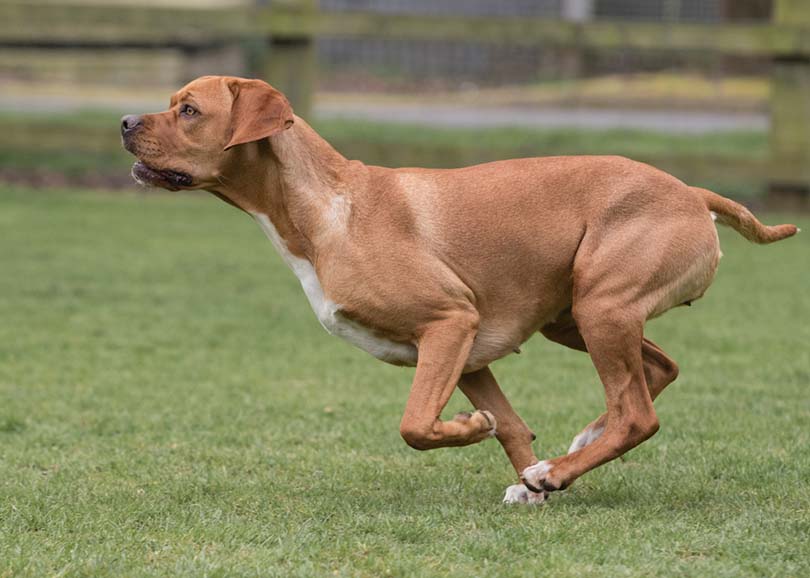
Grooming
This breed is a moderate shedder, so you will have to deal with hair in your home. Brushing twice a week is fine if it’s done with a hound mitt or a brush that’s firm. Bathe your pooch only when needed and avoid using products that could damage his skin or fur.
This breed is prone to getting ear infections, so keep an eye on his ears and check them weekly. Trim his nails regularly, or if you’re unsure how to do it, take him to the groomer instead. Brush his teeth twice a week and take him to the vet for regular checkups as well.
If you’re unsure as to how to do any of the grooming above, you can ask for the vet for tips on the right way to take care of your dog’s grooming needs.
Health and Conditions
The Portuguese Pointer is a relatively healthy dog with a life expectancy of 12 to 14 years. However, as with anything else in the world, there are some serious and minor health conditions you’ll want to be on the lookout for. We’ll list a few of these conditions below.
- Joint problems
- Skin problems
- Eye problems
- Allergies
- Ear infections
- Hip Dysplasia
- Deafness
- Heart problems
- Epilepsy
It’s highly possible that your Portuguese Pointer puppy won’t develop any of the serious or minor health conditions above; it’s just some to be on the lookout for. However, if you notice any of the conditions on the list in your Portuguese Pointer, it’s best to make an appointment with your vet to diagnose the problem and get set up on a treatment plan to cure or treat it.

Male vs. Female
There are suitable differences between the male and females of this breed. Both are excellent hunters, and both are loyal, affectionate, and protective of their families. However, the female tends to stick closely to the leader of the pack, while the male is most often willing to be the pack leader.
The boys will get bored much easier than the girls will as well. Other than that, there’s very little difference between the two. You will want to have your pet spayed or neutered as a puppy if you’re not intending to breed them. In the long run, it’s better for the dog and keeps you from having litters of puppies you might not want to deal with having to adopt out to other families.
3 Little-Known Facts About the Portuguese Pointer
1. Children and Pointers Go Well Together
These dogs will protect and love your children if they’re raised together. Though it is better for this breed to be outside with children instead of cooped up in the house.
2. Portuguese Pointers Love the Water
If allowed to, this breed will stay in the water. Whether it’s a pool, lake, or the pond behind your house, they love playing in the water. However, it’s best not to leave them in the water unattended, as they could become overtired and not be able to get out of the water on their own.
3. Portuguese Pointers have Double Coats
You’ve probably noticed that this breed has short, thin hair. However, they actually have a double coat of fur to keep them warm in the Portugal mountains or outside here in the United States in the winter months.

Final Thoughts
This concludes our guide of everything you need to know about the Portuguese Pointer. This is a pure-bred dog that’s loyal, protective, affectionate, and loving to the family he belongs to. He’s also a hard worker and can still be a great family dog as well.
Just make sure that you have plenty of time to spend with this breed because they do suffer from separation anxiety. It’s best if you keep this breed on a ranch, a farm, or in a place that has a fenced-in yard for him to run and play in, so he gets the exercise he needs to be healthy and happy. The Portuguese Pointer will make any family proud to welcome him into their home and will be loyal to that family for life.
Related Reads:
- Male vs Female Portuguese Water Dogs: What Are the Differences?
- Portuguese Podengo Dog Breed Guide: Info, Pictures, Care & More
Featured Image Credit: Karen Appleby, Shutterstock
